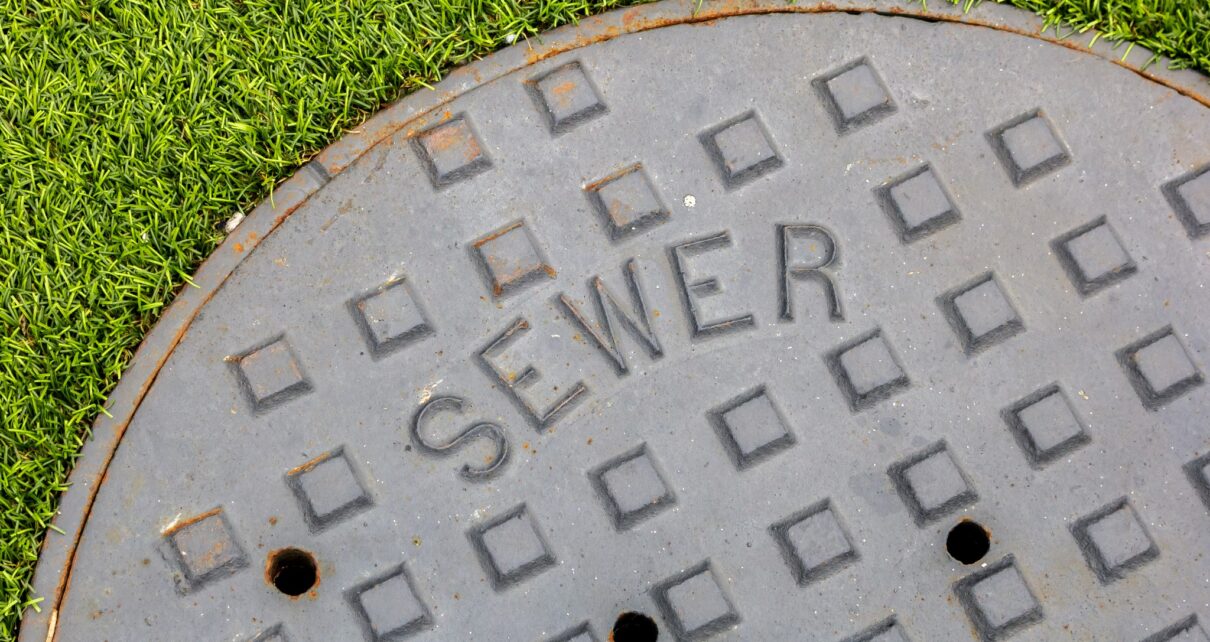As a homeowner, there are many things to consider when it comes to maintaining your property. One important aspect that often gets overlooked is the condition of your sewer pipes. These underground pipes are responsible for carrying waste and water out of your home, and if they fail, it can result in expensive repairs and inconvenience for you and your family. But how do you know when it’s time for sewer pipe replacement? Here are some signs that you should be on the lookout for:
- Frequent clogs and backups: If you constantly experience clogged drains and toilet backups, it could be a sign of serious issues with your sewer pipes. This is especially true if multiple drains in your home are affected at the same time.
- Foul odors: Sewer pipes that are damaged or deteriorating can emit unpleasant odors that can permeate your home. If you notice a persistent sewage smell in or around your house, it’s time to have your pipes inspected.
- Slow-draining fixtures: While slow drains can be caused by various factors, such as hair or grease buildup, if the problem persists even after cleaning out the drain, it could indicate a blockage in your sewer pipes.
- Soggy patches in your yard: If you notice wet areas, even when it hasn’t rained, it could be a sign of a leak in your sewer pipes. This can damage your lawn and landscaping and pose a health hazard.
If you experience any of these signs, it’s important to address them promptly to avoid more serious issues. So, what are your options for replacing your sewer pipes?
- Traditional excavation: This involves digging up and replacing the damaged pipes with new ones. While effective, this method can be disruptive and expensive due to the extensive labor and equipment required.
- Trenchless pipe lining: This method involves inserting a new pipe lining into the existing damaged pipe, essentially creating a new pipe within the old one. This option is less invasive and can be completed in a shorter amount of time.
In addition to the signs mentioned above, it’s also important to be aware of the age of your sewer pipes. Most materials used for sewer pipes have a 50-100 years lifespan, so if your home is older than that, consider replacing them, even if you haven’t experienced any issues yet.
Ultimately, the decision to replace your sewer pipes will depend on the extent of damage and your budget. It’s best to consult with a professional plumber to determine the best course of action for your specific situation. Get in touch with the pros now!



